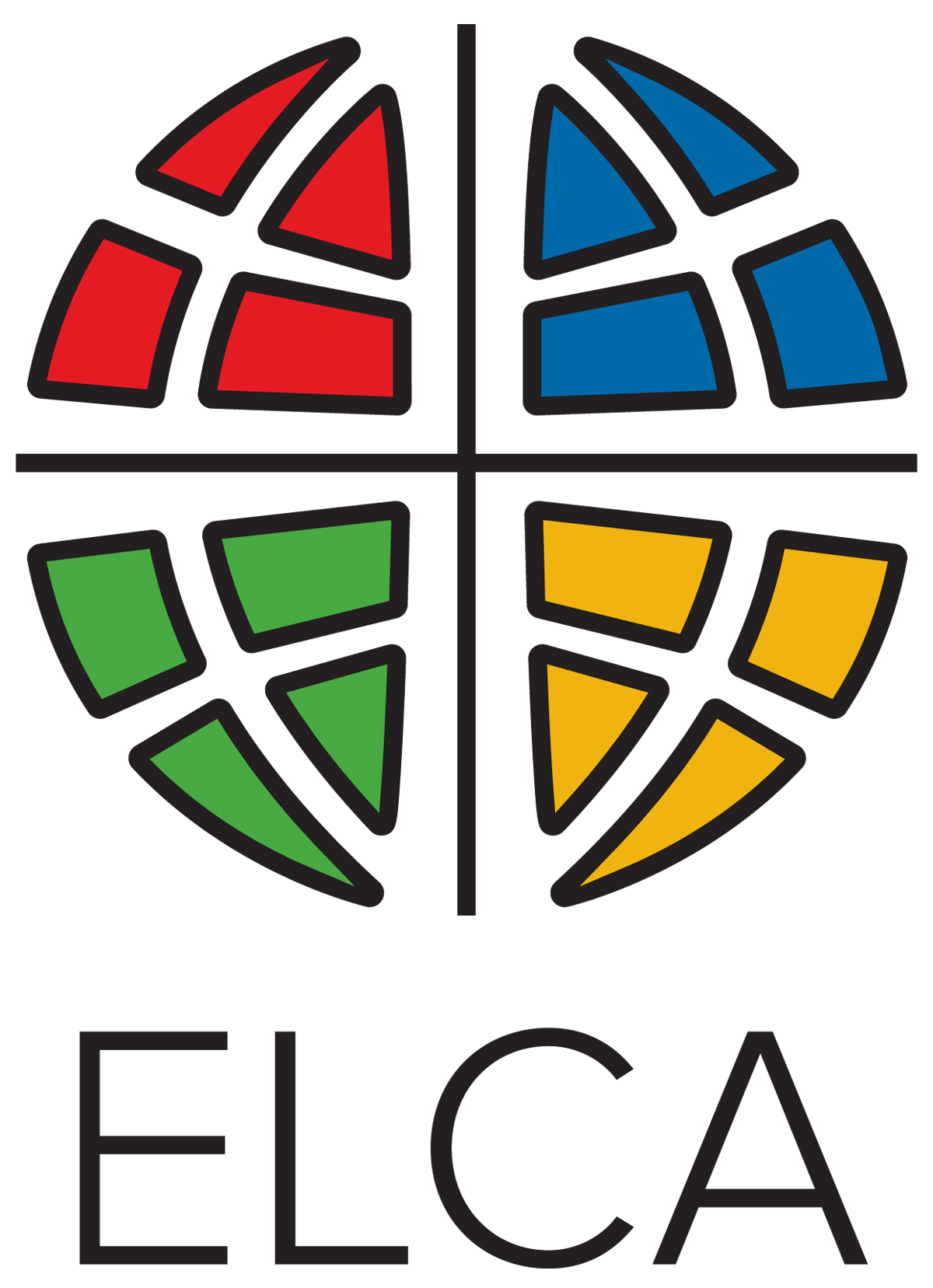 What do you do when you see the person standing on the street corner with a cardboard sign that reads, “Hungry, please help?” How do you feel when you see in the News the children from Central America who are trying to get into our country? Do you feel sad? Do you look away uncomfortably? Do you wonder if they are telling the truth, or if they are just scamming you? Do you think, “why don’t they get a job, or at least go down to the rescue mission where they’re handing out food?”
What do you do when you see the person standing on the street corner with a cardboard sign that reads, “Hungry, please help?” How do you feel when you see in the News the children from Central America who are trying to get into our country? Do you feel sad? Do you look away uncomfortably? Do you wonder if they are telling the truth, or if they are just scamming you? Do you think, “why don’t they get a job, or at least go down to the rescue mission where they’re handing out food?”
I have to admit, I’ve thought all of these things when I see those people.
Our story today raises the big question about how we should treat the poor and the foreigner (that’s what the word “alien” actually means) that live in our country. In Ruth 2:1-3, Ruth starts gleaning in the fields. This is really hard to understand for those of us who live in the suburbs. What is gleaning? What gives her the right to wander onto some stranger’s field and start picking grain? Isn’t that stealing? Isn’t she trespassing?
If we want to understand what is happening in Ruth 2, then we need to understand an important part of the Law of Moses. Read Leviticus 23:22 and Leviticus 19:33. (Leviticus is the Law Book itself, BTW) First of all, we need to know that the land belonged to the tribes and was divided up among the different families in the tribe. Those who had land had food. Those who didn’t own land didn’t have food. Remember, they didn’t have restaurants and grocery stores back then. Everyone grew their own food for their own family. If you didn’t have land, then you had nothing. Society is full of those who have something and those who have nothing—the poor and the foreigners.
The Law protected poor people and foreigners. When the families who owned the land went to harvest the crops, they always left some extra. They didn’t take everything for themselves. What was left over was there for all the people who didn’t own land—the poor people and the foreigners—to come in and harvest what they needed.
I wonder what that would look like in our culture. Most of us don’t grow our own food. If you want money, then you have to go out and get a job and earn a paycheck. So, how do you leave extra for the poor? One way that we do that today is by paying taxes. The government takes a little bit out of your paycheck so that it can pay for good roads, clean water, public education, police and military to protect us, and welfare programs to take care of the poor. These are all good things, and, as citizens of this country, we need to remember that our taxes are the only money that pays for these things. We also have the privilege to be involved and make sure that the government spends this money on the things that actually take care of the poor and the foreigners. As Christians, it is our responsibility to participate in government and uphold the care of the poor and the foreigner in public policy.
Another way that we can “leave extra” is to give a portion of our money to God through our tithes and offerings that go to our local congregation. The church that we belong to exists so that the needs of the people can be met. The church is the greatest vehicle for practicing God’s love for the poor and the foreigner in the world today.
So, we have taxes and giving to God through the church. These are basic and important ways to “leave extra.” There is one more way that is really at the heart of all of it. We need to “leave extra” room in our hearts for the poor and the foreigner. It is so easy, when you are person who has things—a home, clean running water, a steady income, food on the table, personal transportation, a good education, and access to entertainment and spending money—to look at the person who does not have these things, and think that, somehow, you are better than them.
You aren’t better. You are blessed with gifts. The question is, how will you use them? Will you hold them all for yourself and “harvest everything?” Or, will you “leave extra” and freely share with those who have nothing?



